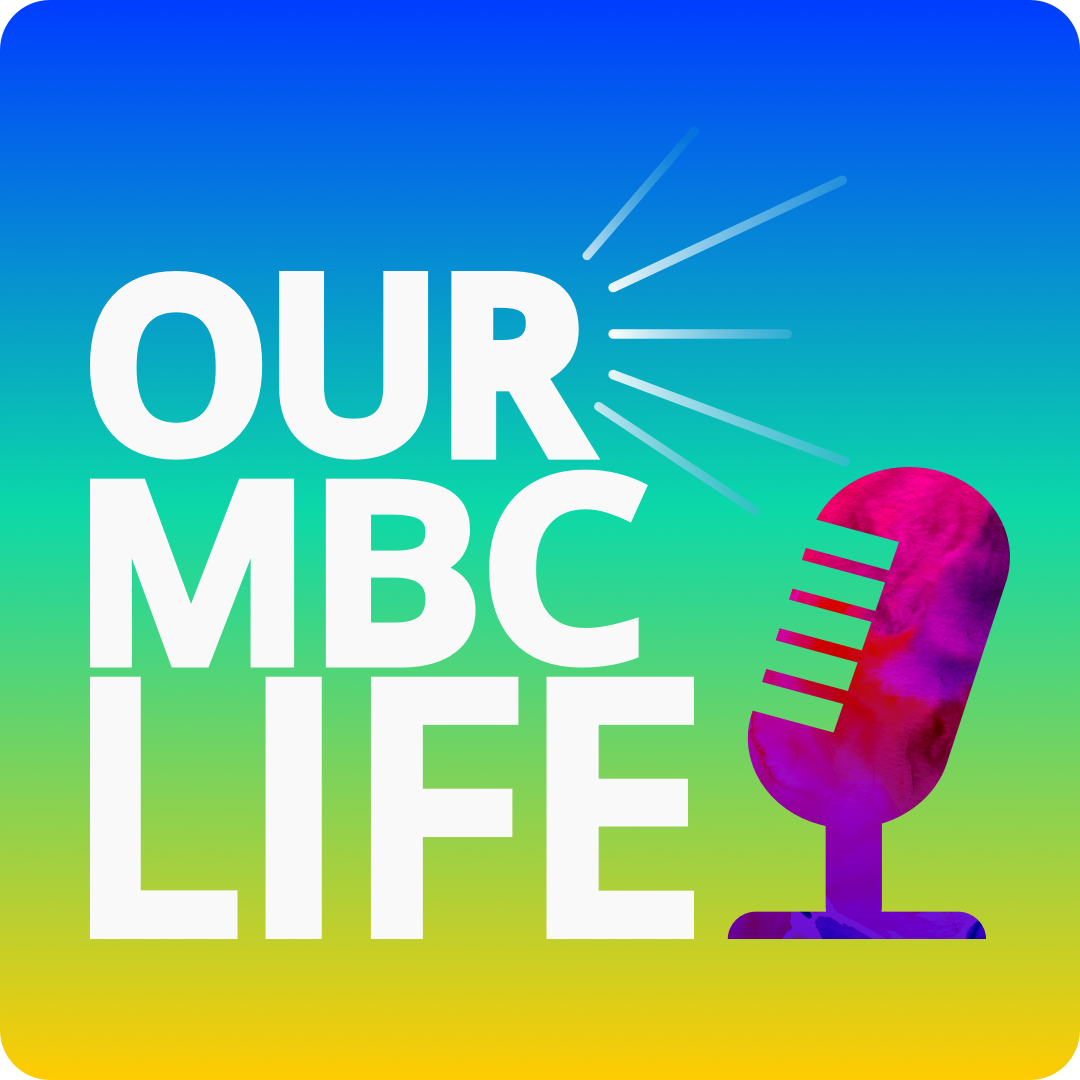OMBCL Unplugged: When The Words “Chronic” & “Cured” Aren’t So Simple
Welcome to our first episode of “Our MBC Life Unplugged.” We've decided to wrap up this season with an informal chat about a topic that has been cautiously shared with a few people we know: the possibility that some of us might actually be cured.
To be honest, we are unsure how to feel about this. Our doctors are working diligently to help us achieve long, fulfilling lives, which is something we all deeply desire. And, of course, we hope that might include potential for cures. However, as we look ahead to 2025, we realize that this opens up a Pandora’s box of questions and concerns.
We found ourselves asking:
“Is a cure really possible?”
“What happens if this gets noted in my medical chart? Will insurance still cover future treatments and scans?”
“How does this affect my disability status?”
“Should I stop my current treatment? I can’t even consider that!”
“If I continue my treatment, could it be harming me in other ways?”
“What if this doctor is mistaken, and I stop treatment?”
“I did stop treatment…and my cancer came back.”
So, grab a hot beverage (or a cold one) and join the podcast team, as well as some friends of the pod, for a discussion you probably didn’t see coming.
Definitions:
Curative Intent - medical term that refers to a treatment plan that aims to eliminate a disease or illness and restore a patient's health to a pre-illness state
Oligometastatic Breast Cancer (OMBC) - breast cancer that has spread, away from the breast, to a limited number of places in the body, usually in one organ, presenting in five or fewer small, metastatic lesions
